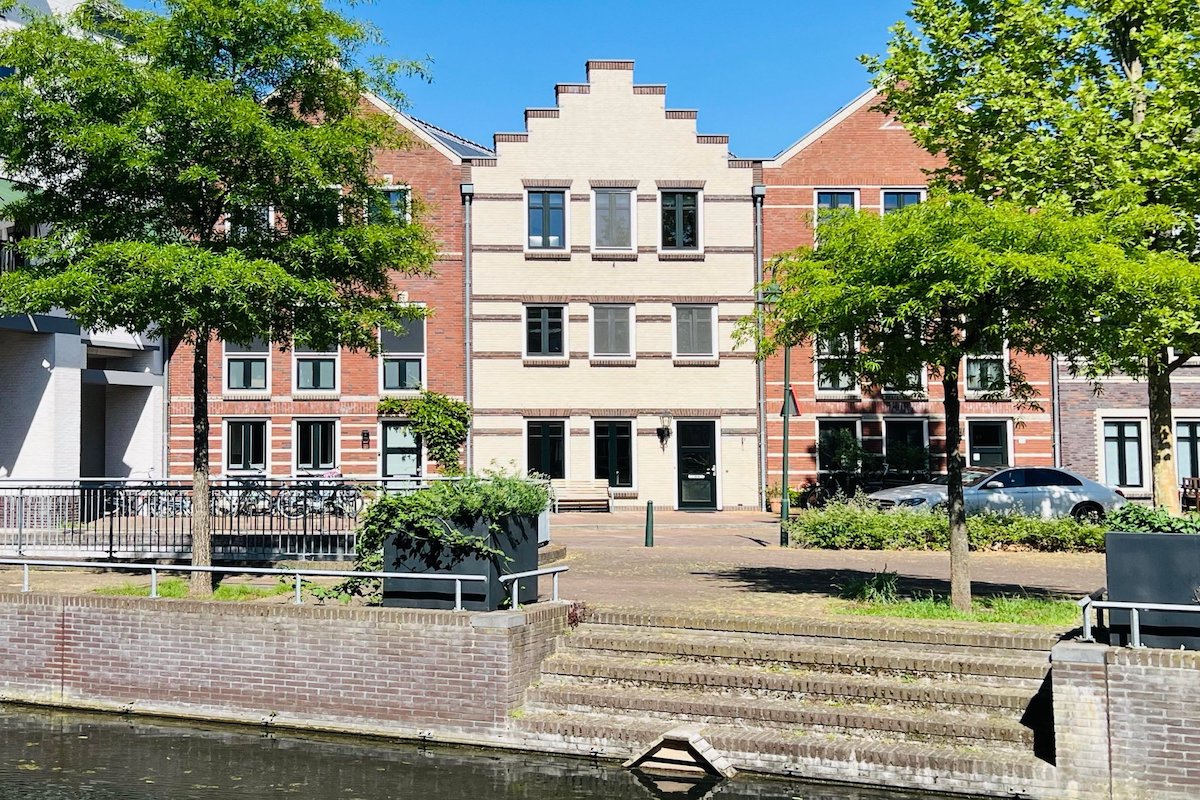How to Buy a House in the Netherlands (and Why It’s a Great Move for Expats)
The house on the picture is my own house and is for sale now! A great option if you’re looking for a lot of space (5 bedrooms, almost 200 sqm), close to Amsterdam and Utrecht.
And yes, it was in the ‘Heb je zin?’ videos: watch this episode.
Buying a house in the Netherlands can be an excellent investment for expats planning to stay long-term. With a stable housing market, high-quality infrastructure, and expat-friendly policies, the Netherlands is one of the most attractive places in Europe to settle down. Here’s a guide on how to purchase a property and why it could be the right choice for you.
Step-by-Step Guide to Buying a House
- Determine Your Budget
Before anything else, understand how much you can afford. Mortgage providers in the Netherlands typically offer up to 100% of the property’s value, but additional costs (such as taxes, notary fees, and real estate agent fees) are usually around 5-6% of the purchase price. - Get Mortgage Pre-Approval
It’s advisable to speak with a mortgage advisor early on. Some advisors specialize in helping expats and can guide you through options available even without permanent residency. - Engage a Real Estate Agent (Makelaar)
A local agent can help you navigate the market, identify suitable homes, and negotiate the best price. They’ll also help manage communication, especially if you’re not fluent in Dutch. - House-Hunting and Bidding
The housing market can be competitive, especially in cities like Amsterdam, Utrecht, and Rotterdam. Be prepared to act quickly when you find a house you like. Bidding over the asking price is not uncommon. - Conduct a Technical Inspection
Once your offer is accepted, it’s recommended to have the property inspected for hidden defects, especially if it’s an older building. - Sign the Purchase Agreement
A preliminary agreement (koopovereenkomst) is signed with a three-day cooling-off period. After this, the sale becomes binding. - Notary and Final Contract
In the Netherlands, a civil-law notary finalizes the transaction. They draft the deed of transfer and mortgage deed, and register you as the new owner. - Move In and Register
After completion, you can move in and must register your new address at the local municipality (gemeente).
Why Buying in the Netherlands is a Smart Move for Expats
1. Strong and Stable Market
The Dutch housing market has shown resilience and steady growth over the years, making it a relatively safe long-term investment.
2. Favorable Mortgage Rates
Interest rates in the Netherlands have historically been low compared to many other countries. Fixed-rate mortgages for 10 to 20 years offer predictability and affordability.
3. Tax Benefits
Homeowners can deduct mortgage interest from their income tax under certain conditions, which significantly reduces the overall cost of the loan.
4. High Quality of Life
The Netherlands is known for its excellent healthcare, public transportation, education, and safety. Buying a home means you’re investing in a lifestyle, not just bricks and mortar.
5. Protection and Transparency
The Dutch system offers strong consumer protection. Notaries are impartial, and real estate transactions are transparent and regulated.
6. Building Equity vs. Paying Rent
Instead of paying high rents, buying a property allows you to build equity. This is especially beneficial if you plan to stay for 3+ years.
7. Increasing Demand
With high demand in urban areas, property values tend to appreciate over time—meaning your investment is likely to grow.
In conclusion, buying a home in the Netherlands is not only possible for expats, but it’s often a financially and personally rewarding decision. With the right guidance, the process is clear and accessible, offering long-term stability in one of Europe’s most desirable countries.

Bart de Pau
online Dutch teacher & founder of the Dutch Summer School & Dutch Winter School


